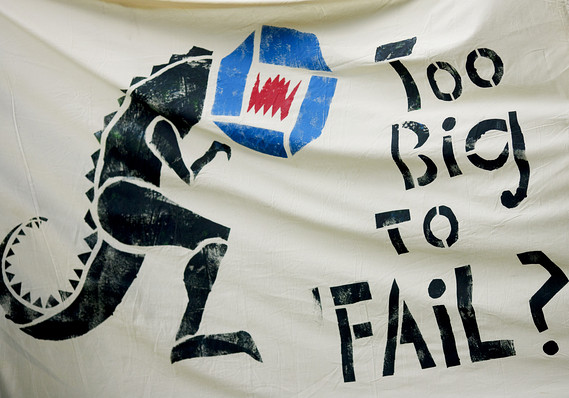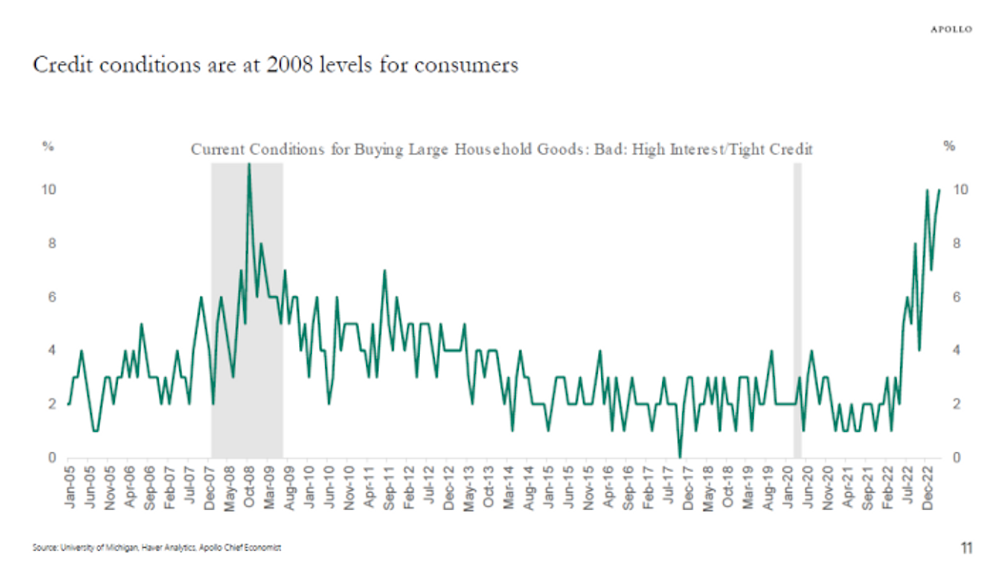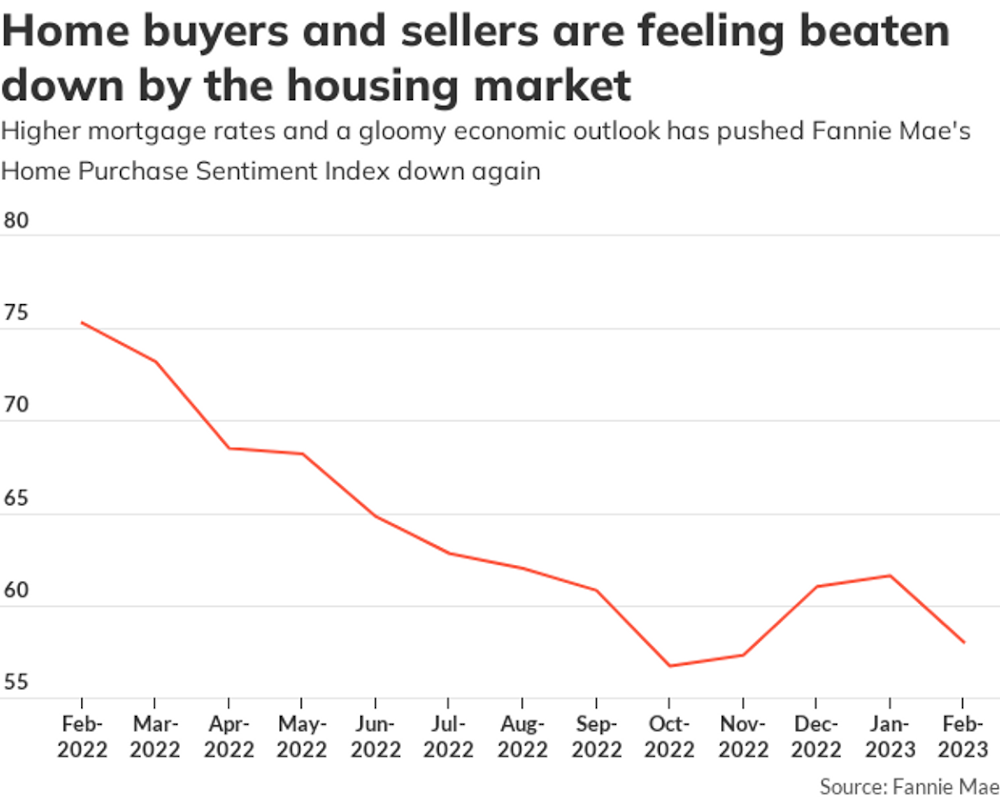Changes coming for agencies that stand behind most U.S. home loans
CHICAGO (MarketWatch)
Fannie Mae and Freddie Mac may be effectively insolvent, but they're backing over half of all U.S. mortgages. That has some people worried.
The two government-owned enterprises stood behind 62% of new home loans this year, compared to 27% of new loans in all of 2006, when the private mortgage market still thrived, according to Inside Mortgage Finance.
Add in Ginnie Mae and nine out of every 10 mortgages are supported by the government.
"Right now, the market is almost entirely dependent on Fannie and Freddie and also Ginnie," said Michael Lea, head of San Diego State University's Corky McMillin Center for Real Estate.
Why should you care? Since the government seized Fannie (FNMA 0.38, -0.01, -1.37%) and Freddie (FMCC 0.40, 0.00, 0.00%) in 2008, it essentially owns the two GSEs.
If the economy deteriorates further and mortgage defaults rise again, taxpayers will be on the hook for the losses. At a time when government debt is rising, that worries a lot of people. "Clearly, it doesn't benefit the housing system overall -- or the government -- to have a mortgage market that is almost exclusively government-backed.
We have to talk about a way to bring the private sector back into the mortgage market," Cecala said. Delicate balance But if the government pulls back too quickly, it could trigger another housing crash -- just when this fragile market seems to be getting back on its feet.
The Obama administration plans to hold a conference Tuesday on how to reform the U.S. housing finance system, with Fannie Mae and Freddie Mac center stage.
Legislators, academics and community activists will be looking to strike a delicate balance between reducing government involvement and preventing another market swoon.
Many scenarios are in play.
The agencies could be disbanded in favor of new entities, or be split into two pieces -- a "public" securitization function and a "private" mortgage investment portfolio, said Keith Gumbinger, vice president for HSH Associates, a publisher of consumer loan information.
In the public-private scenario, the private component would become fully private over time, with the government slowly removing its support for that private portion, he said.
While many industry watchers believe changing the housing finance giants is necessary -- and that the federal government shouldn't play so large a role in the mortgage market -- they also agree that, given how shaky the housing market is, any major changes won't come immediately.
"We need to give some consideration before we pick up and disturb what has been crucial support of the mortgage market," Gumbinger said.
Given that there isn't much of a private mortgage securitization market, "the only thing you can do now is small, incremental changes that will get you where you want to be in five or 10 years," Cecala said. For borrowers, that means any changes to Fannie and Freddie that would affect their pocketbooks likely would materialize slowly. "We don't want to do anything that makes things worse," Cecala said. Small steps
Welcome
stock market phases theorem.
Chief Artificial Intelligence.
Academic training in Fundamental Mathematics.
IA basada en Razonamiento Humano
Billie, Founder with academic training in Fundamental Mathematics and professional experience in Large Multinationals in the Information Technology sector, having held positions in high-level management positions, maintains that it is time to reduce Unproductive Public Expenditure and help the Private Sector in everything that is possible.
Cortesía de Investing.com
Cortesía de Investing.com
Agenda Macro
Calendario económico en tiempo real proporcionado por Investing.com España.




















1 comentario:
http://www.marketwatch.com/story/legislative-battle-on-horizon-for-future-of-fannie-2010-08-13
Publicar un comentario